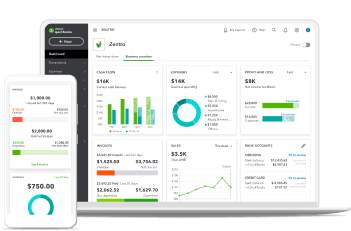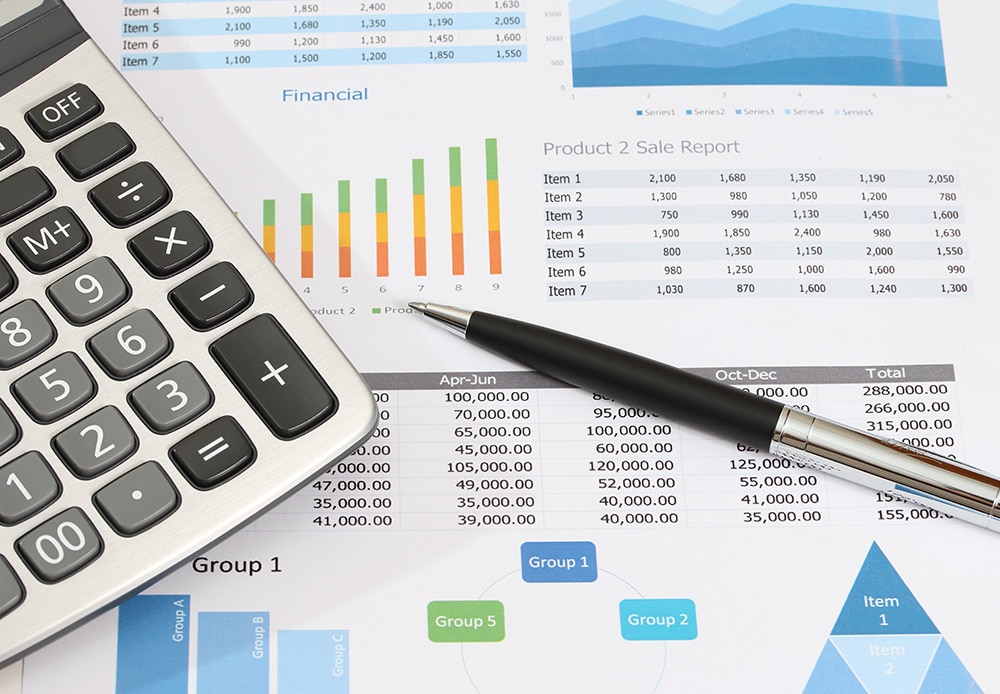What’s the difference between a budget and a forecast?
Budgeting and forecasting are two of the most important financial tools for small businesses in Singapore. They each allow different measures of insight into where a business can expand and what the possibilities are.
A budget is what you would like to happen, while a forecast is a reflection of what might actually happen. As such they are very closely linked, but they are not the same, and each has a different impact on the business, route and projects over the financial period.








